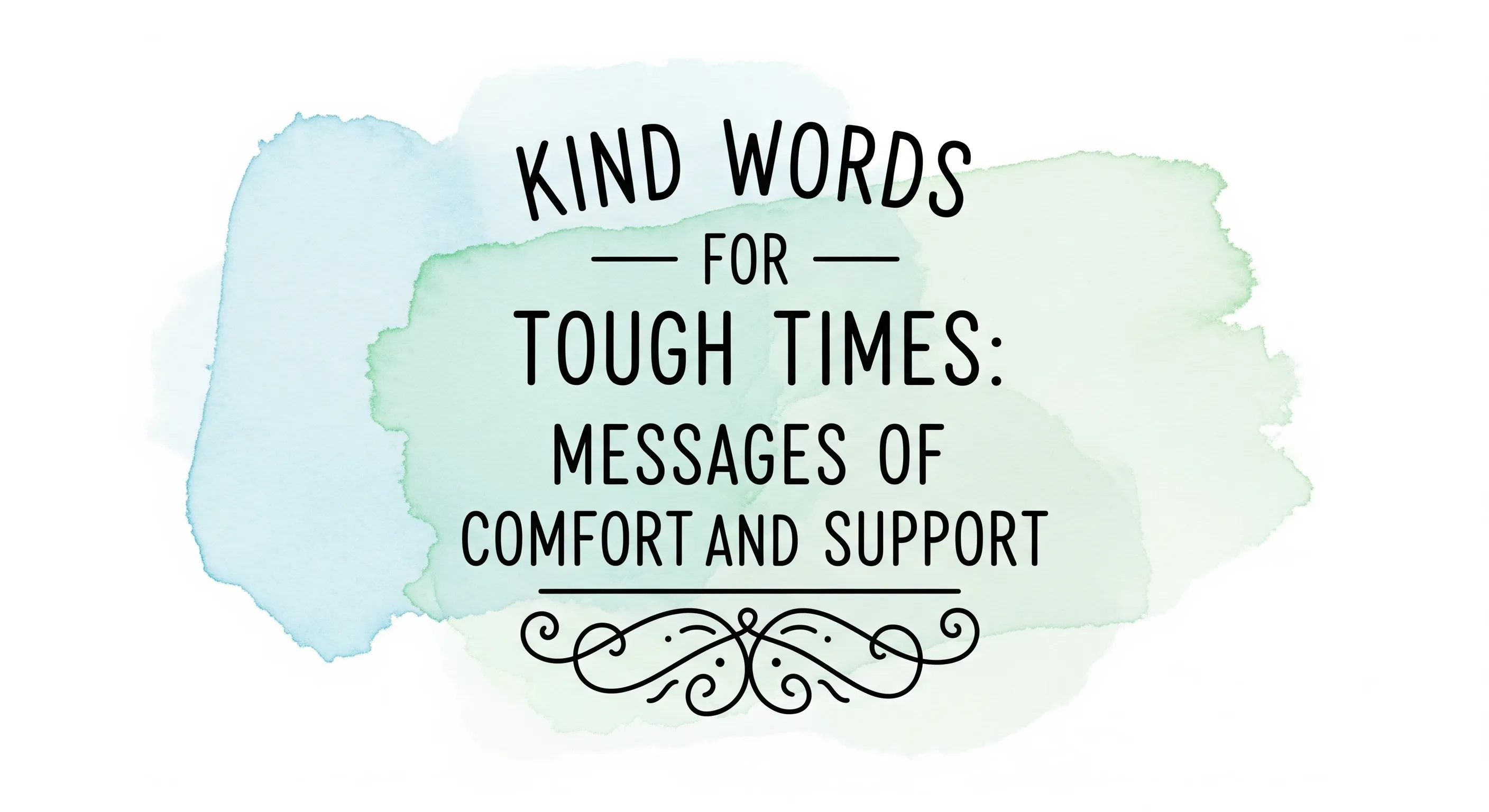My Condolences. If You Need Anything, I'm Here.
In moments of sorrow and grief, knowing what to say can be incredibly challenging. Yet, the simple, heartfelt phrase, "My condolences. If you need anything, I'm here," encapsulates the essence of true empathy and support. It's a statement that acknowledges pain while simultaneously extending a tangible offer of help. This article will explore how to deliver this message genuinely and effectively, ensuring that your support is not just heard, but truly felt and utilized during a difficult time.
General Wishes or Universal Ideas
These phrases offer a broad sense of sympathy and a clear, open invitation for the grieving person to seek assistance.
- "My deepest condolences for your loss. Please know that if you need anything at all, big or small, I'm here for you."
- "I am so incredibly sorry for your pain. My condolences. If there is anything I can do to help, please don't hesitate to reach out."
- "My heart goes out to you during this difficult time. My condolences. I want you to know that I am here for whatever you need."
- "Please accept my sincerest condolences. If you need anything, whether it's a listening ear or practical help, I'm here."
- "I'm so profoundly saddened to hear of your loss. My condolences. Just say the word, and I'm here to support you."
- "My thoughts are with you. My condolences. Please remember, if you need anything, I am here for you."
Messages for Colleagues / For Friends / Family
Tailoring your message to your specific relationship with the grieving person can make your offer of support more relevant and comforting.
For Colleagues:
- "My condolences on your profound loss, Name. If there's anything at all I can do to help with your workload, or if you just need to talk, I'm here for you."
- "I am so sorry to hear this difficult news, Name. My condolences. Please know that the team is here to support you, and I am personally here if you need anything at work or otherwise."
- "My deepest sympathies, Name. If you need anything at all – whether it's help with a project, someone to cover a meeting, or just a quiet space – I'm here."
- "My condolences, Name. Take all the time you need. If there's anything the office can do for you, or if I can help in any way, please know I'm here."
- "Sending you strength, Name. My condolences. If you need anything at all, please don't hesitate to reach out. I'm here to help."
For Friends / Family:
- "My dearest Name, my heart aches for you. My deepest condolences. Please, if you need anything at all – a shoulder to cry on, a meal, errands run, anything – I am here."
- "I am so, so incredibly sorry for your loss, Name. My condolences. I'm not just saying it: if you need anything, truly anything, I am here for you, no questions asked."
- "My heartfelt condolences, Name. Please don't try to go through this alone. Whether it's to talk, to sit in silence, or for practical help, I'm here for whatever you need."
- "My condolences. Deceased's Name was such a special person. If you need anything, even just a distraction, please call me. I'm here."
- "My deepest sympathies, Name. There are no words to ease this pain, but please know that I am here for you in every way. Just ask."
- "Thinking of you constantly, Name. My condolences. Please remember, I'm just a phone call away if you need anything at all. I'm here."
Formal Wishes
In formal settings, such as professional communications or public statements, it's important to convey empathy while maintaining a respectful tone.
- "Please accept my sincerest condolences on your profound loss. If there is any assistance or support you require during this difficult time, please know that I am here to help."
- "On behalf of Organization/Group Name, we extend our deepest sympathies. If you need any form of support, please be assured that we are here to assist."
- "It is with regret that we learned of your bereavement. My condolences. Should you require any resources or personal assistance, please do not hesitate to contact me; I am here to support you."
- "We offer our heartfelt condolences. If you need anything during this challenging period, please know that I am here to provide support."
- "My deepest sympathies. If you require any form of aid or guidance, please be aware that I am here to be of service."
Warm, Personal Wishes
These messages convey a deeper, more intimate level of sympathy and a personal commitment to being there for the grieving individual.
- "My heart is truly heavy with the news of your loss, Name. My deepest condolences. Please remember all the times you've been there for me; now, I'm here for you, for anything you need."
- "I'm so incredibly sorry, Name. My condolences. I want to be truly helpful, so please don't hesitate to be specific. Whether it's picking up groceries or just a hug, I'm here."
- "Knowing how much Deceased's Name meant to you, my condolences come from the deepest part of my heart, Name. Remember that I'm here to listen, to cry with you, or to help in any way I can."
- "My dearest Name, my condolences. I'm not just saying 'if you need anything.' I'm going to call next week to bring you dinner, but if you need anything before then, please know I'm here."
- "With a heavy heart, my condolences. I can't fix this pain, but I promise to be a steady presence. If you need anything at all, please lean on me. I'm here."
Short Wishes
For a concise yet powerful expression of sympathy and support, these phrases are direct and heartfelt.
- "My condolences. I'm here."
- "So sorry for your loss. Here for you."
- "Condolences. Anything you need, I'm here."
- "Deepest sympathies. I'm here."
- "My heart hurts for you. I'm here."
- "Condolences. Call if you need me."
- "Thinking of you. I'm here."
The phrase, "My condolences. If you need anything, I'm here," is a fundamental expression of human compassion. It's vital not only to utter these words but to truly mean them and be prepared to act on the offer. Grief can be isolating, and a genuine offer of support can make a world of difference. By providing practical help, a listening ear, or simply a comforting presence, you can ensure that your condolences are transformed into meaningful action, truly being there for those who are navigating their most difficult times.
Related Posts

Kind Words for Tough Times: Messages of Comfort and Support

Kind Words for Tough Times: Messages of Comfort and Support

Universal Well Wishes You Can Send Anytime

50 Short and Sweet Messages to Brighten Someone's Day

Heartfelt Thank You Notes for Baby Shower Gifts and Attendees
